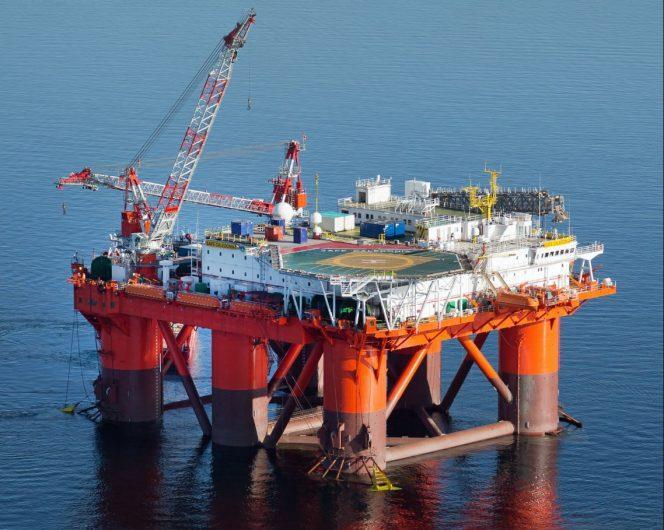
Floating accommodation provider Prosafe (OSLO: PRS) reported a profitable Q2, driven by high vessel utilisation and a tranche of new contract awards.
The Stavanger-headquartered group, which also has an office in Aberdeen’s Silver Fin, posted pre-tax profits of $13 million for the quarter – an improvement on the $11m loss in the same period last year.
EBITDA for the second quarter also rose to $22.8 million, reflecting higher activity levels and the highest quarterly fleet utilisation rate since Q3 2015, at 81%.
Prosafe owns and operates six semi-submersible accommodation, safety and support vessels (ASVs) and one tender support vessel (TSV) that can also operate as an accommodation vessel.
Five of these vessels were in full operation throughout the quarter, while its Safe Boreas unit worked part of the period.
Operating revenues climbed to $61m, while two new contracts in Brazil and one for the North Sea added approximately $240m in backlog.
The former awards include two four-year contracts awarded by Petrobras for the Safe Notos and Safe Eurus.
The latter refers to a $3.7m award for its Safe Boreas flotel in the UK North Sea, with an unnamed operator. The contract is due to begin in September, lasting for 21 days with a further 30 days of options.
The firm also reported “significantly reduced interest expenses” and other financial costs, having completed its financial restructuring last year.
Chief executive Jesper K. Andresen said: “The second quarter saw the highest vessel utilisation since 2015, which reflected positively on our performance. We were also pleased to secure significant backlog by winning important contracts in Brazil and the UK at improving margins.
“This is an indication of an improving outlook for the oil and gas industry and for our services. Finally, I would like to thank our team for continuing to operate safely and efficiently.”
Looking ahead, the group was optimistic about prospects for worth in both Brazil and the North Sea, noting that of the 23-strong global fleet for floatel units, only five vessels can presently operate in Norway.
Meanwhile, it sees the North Sea market “tightening” and all five of its competitive vessels are booked for work in 2022.
Recommended for you
